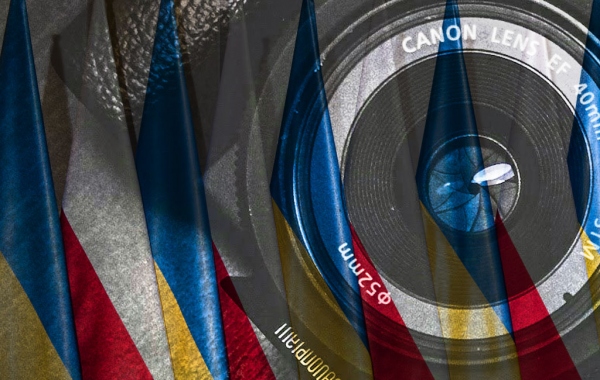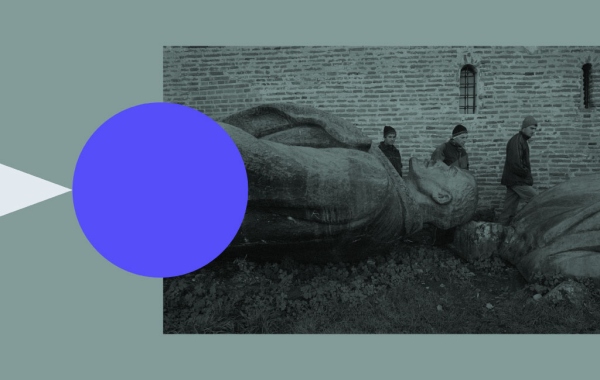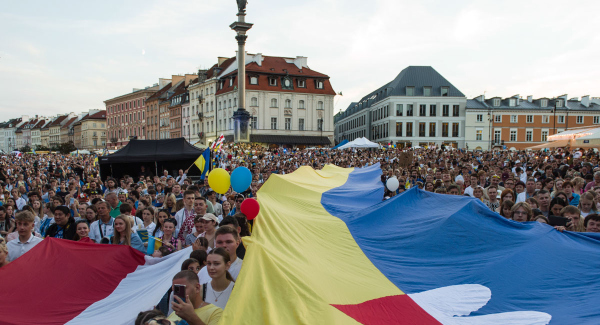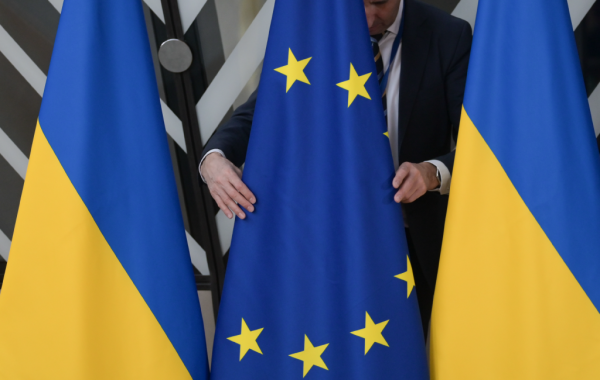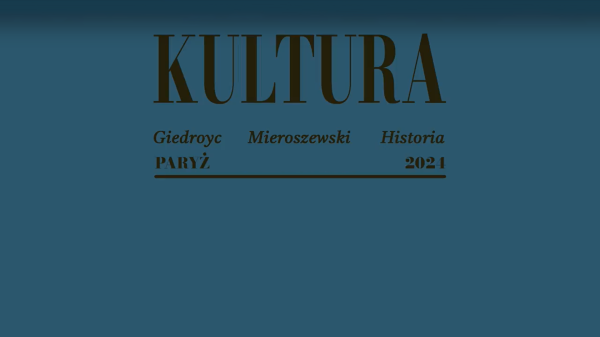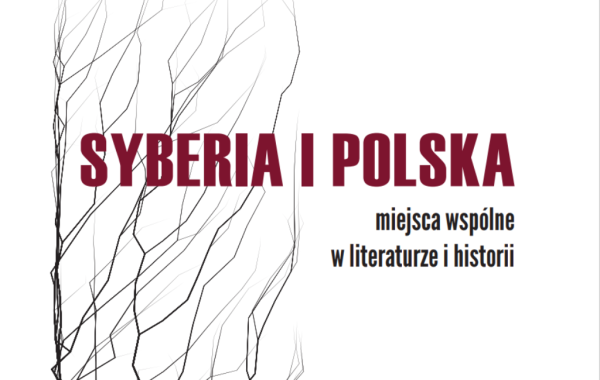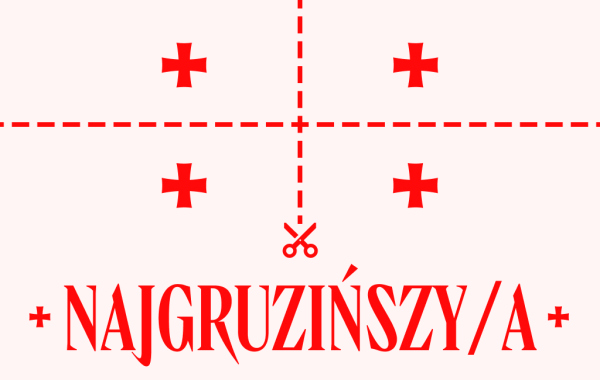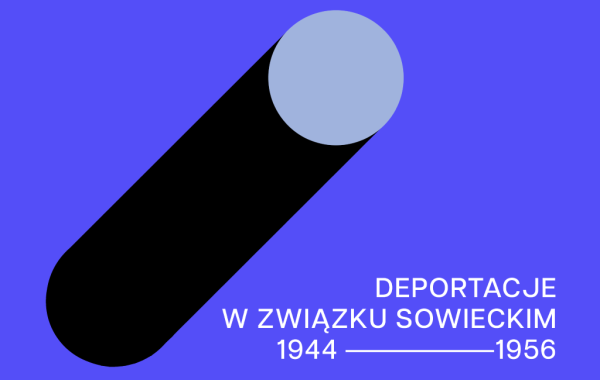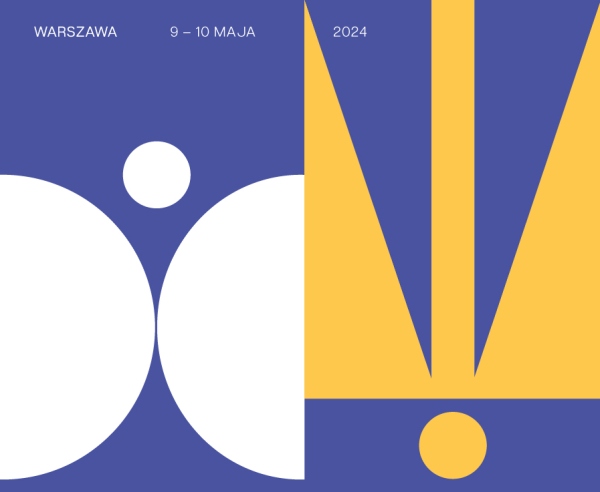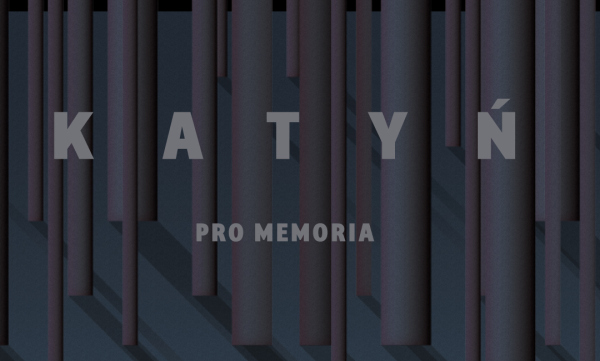European Day of Remembrance for Victims of Nazism and Stalinism
23 August is the European Day of Remembrance for Victims of Nazism and Stalinism, also known as International Black Ribbon Day. The holiday - which commemorates the more than 14 million victims of the criminal actions of Germany and the Soviet Union - was adopted by the European Parliament on the 70th anniversary of the Molotov-Ribbentrop Pact.
At the Mieroszewski Centre, restoring the memory of the Victims of totalitarian repression has always been one of the priorities.
The memory of the victims of the Katyn Massacre. The Centre has attempted to reconstruct the so-called Belarusian Katyn list. We collected information on the fate of persons missing in the north-eastern territories of the Second Polish Republic between 17 September 1939 and June 1940, who are presumed to have been victims of the Katyn Massacre. The result is a publication authored by M. Wyrwa entitled. "Unfound victims of Katyn? List of missing persons in the area of the north-eastern provinces of the Second Republic of Poland from 17 September 1939 to June 1940".
Katyn Pro Memoria.pl - a virtual journey through Katyn cemeteries, which we started from a symbolic place - the Katyn Forest.
In addition, we published a free guidebook: Katyn. A Guide to the Trail of the Crime by J. Rogoża and M. Wyrwa. Our activities were directed not only at Poland and Poles, but also at Russia and the world.
The Mieroszewski Centre was one of the first institutions to look into the topic of the NKVD's "Polish Operation" of 1937-1938 and its Victims. Together with the Institute of National Remembrance (IPN), we created a trilingual (Polish, Russian, English) internet portal (www.operacja-polska.pl) to popularise knowledge about this crime. We have also created a database (www.ofiaryterroru.pl) in which more than 100,000 Victims of crimes committed during the Great Terror in the Soviet Union have already been documented by name. The database would not have been created without the cooperation of researchers from the Russian Memorial Association and the Archives of the Security Service of Ukraine.
The Centre, together with the Interdepartmental Laboratory of Social Memory at the University of Warsaw, the Maria Grzegorzewska Academy of Special Pedagogy and the Centre for Independent Sociological Research (St. Petersburg), organised a summer school "Archipelago of Common Memory", the main theme of which - for young researchers from Russia and Poland - was a joint reflection on the ways and practices of commemorating the past in places important for the history of Soviet repression - the Solovetskiy Islands and Sandarmoch.


